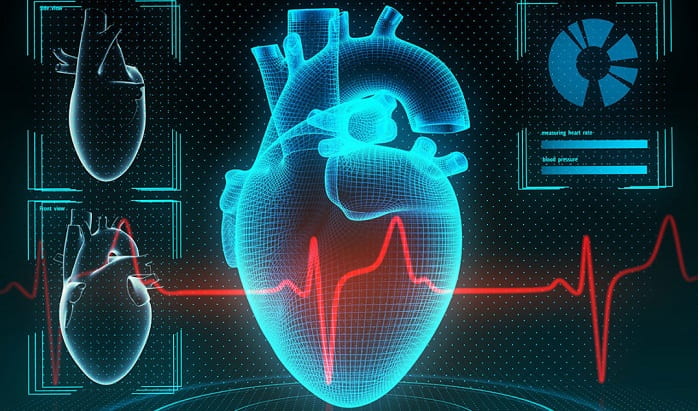Brigham and Women’s Hospital and Keio University have collaboratively developed a deep learning artificial intelligence model aimed at screening electrocardiograms (ECGs) for indications of atrial septal defects (ASD).
By implementing this model in large-scale ECG screenings, the potential exists to identify a greater number of individuals with ASD prior to the onset of irreversible cardiac damage.
To ascertain whether an AI model can enhance the detection of ASD through ECG readings, the research team fed a deep learning model ECG data from 80,947 patients aged 18 and above who had undergone both ECG and echocardiogram tests to diagnose ASD. Out of these patients, 857 were identified as having ASD.
The model underwent testing using scans which involves a more generalised population. The AI model exhibited greater sensitivity compared to utilising recognised abnormalities identified in ECGs for ASD screening purposes.
The model accurately detected ASD in 93.7 percent of instances, surpassing the 80.6 percent accuracy rate when relying solely on known ECG abnormalities to identify ASD cases.
ASD is a relatively common congenital heart condition in adults. It arises due to a hole in the heart’s septum, allowing blood to flow between the left and right atria. ASD exhibits mild or even no symptoms until later stages of life. Typical symptoms encompass limited ability to engage in strenuous physical activity, disturbances in heart rate or rhythm, heart palpitations, and an elevated susceptibility to pneumonia.


















